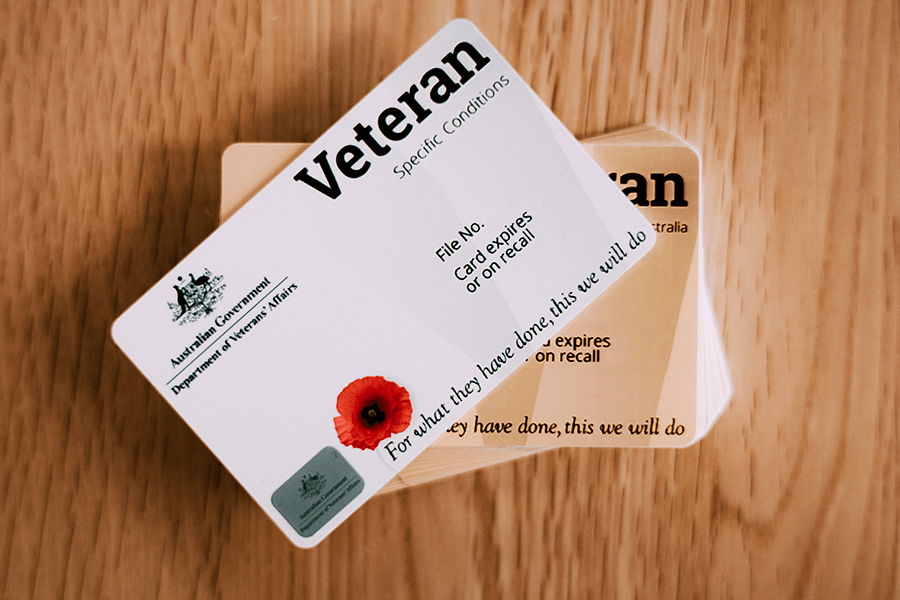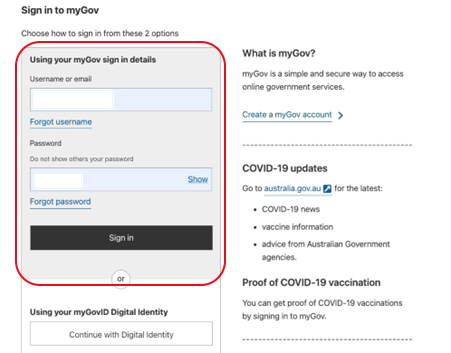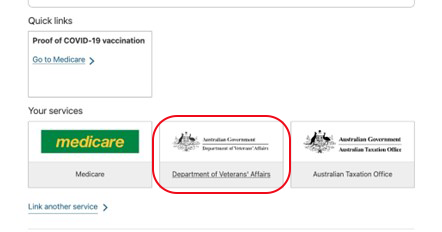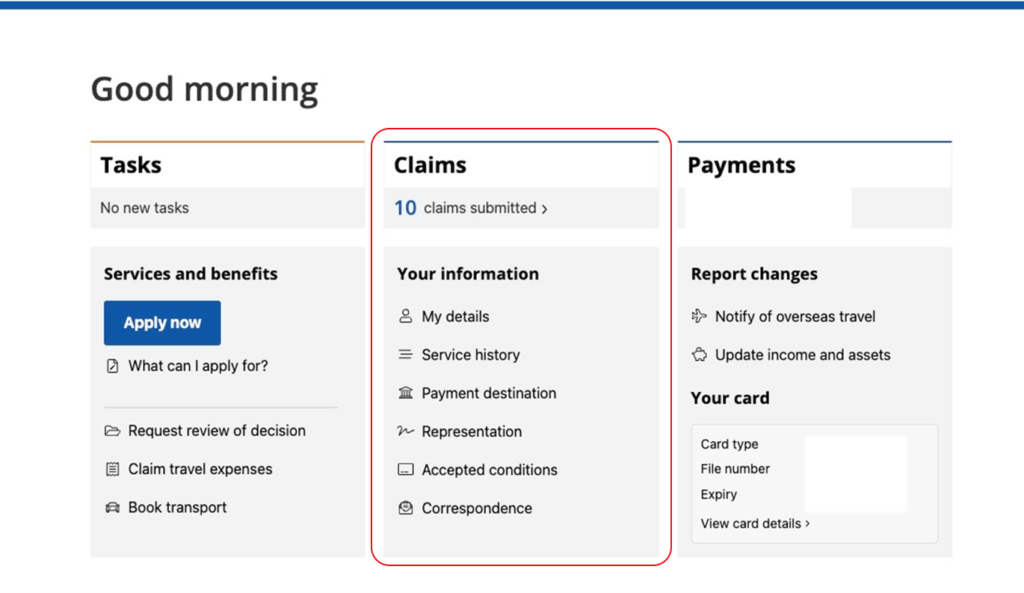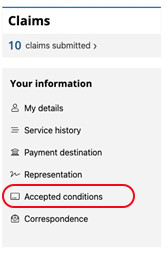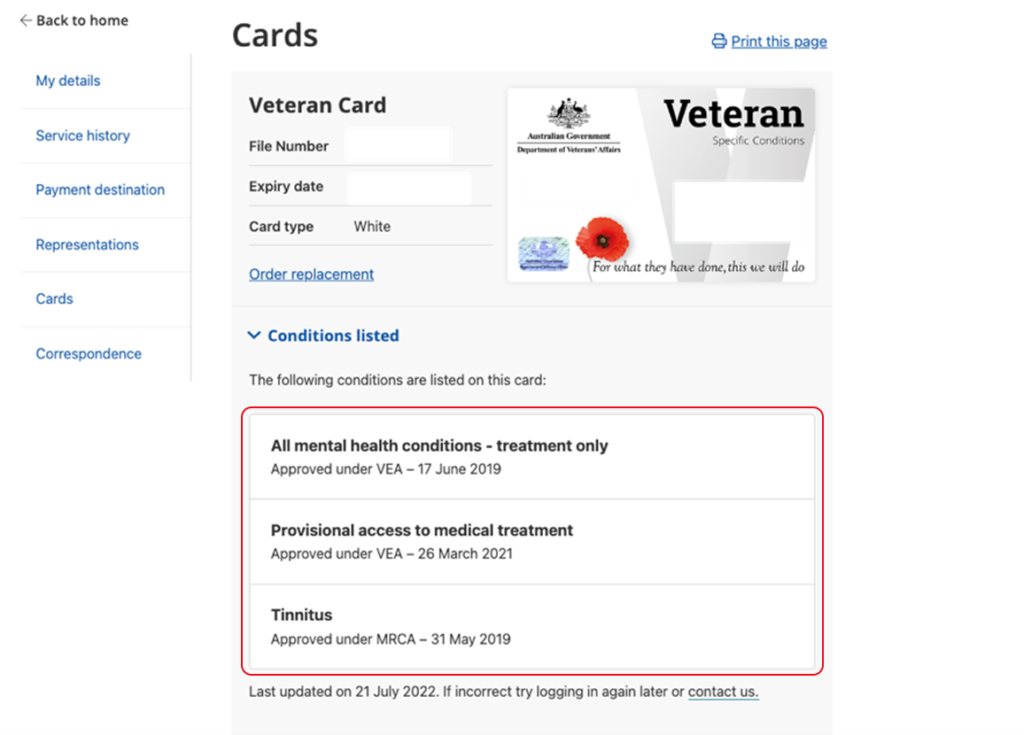In October 2022 the DVA ceased access and payments for veterans with a Non-Liability Mental Health white card from accessing exercise physiology and physiotherapy services.
https://www.youtube.com/embed/9PkJVojnlNI
The change was made without warning and without notifying impacted veterans and/or service providers.
The result of this left thousands of veterans utilising the services every week, for the treatment of their mental health, without regular sessions causing significant distress.
So significant is this change, it was raised and heavily criticised by the Royal Commission into veteran suicide and the commissioner was quoted “my observation would be that exercise physiology has had an increasing place in mental health service delivery over the past five years or so it’s interesting to hear that perhaps that’s not the direction you’re (the DVA) is going”
The Australian government made a commitment outlined to veterans in a clear and concise covenant for veterans … “We undertake to preserve the memory and deeds of all who have served and promise to welcome, embrace, and support all military veterans as respected and valued members of our community”. These recent changes are completely ignoring the covenant and commitment the Australian government has made to Australian veterans.
Exercise plays an incredibly crucial role in mental health and is an important pillar in both mental and physical wellbeing. The DVA stated in a recent reply to our organisation that they don’t recognise Exercise physiologists as mental health care providers and therefore they cannot provide treatment for mental health.

In a recent study that found that 89% of patients had a statistically significant positive association between physical activity or exercise and mental health. With several other credible studies referencing the importance of exercise in the treatment of mental health, it is crucial this service is reinstated for veterans who need it.
There have been over 1600 veterans take their own lives by suicide in the last 20 years and this number far exceeds those who have died in combat overseas. The Royal Commission is investigating this tirelessly to help reduce suicide rates among the veteran community however this recent change in DVA policy is not a step in the right direction and will likely further negatively impact an already vulnerable population by removing exercise as a treatment for mental health, despite the overwhelming evidence that shows its benefits.
Exercise takes a lot of discipline, and some of these veterans who have now been denied access require these support services to better themselves and their mental health. Exercise plays a crucial role in mental health and the DVA needs to recognise and re-allocate funding to empower and help the veteran community with this crucial service.
We take our role seriously and are committed to raising awareness and advocating for veterans nationally to improve access and service delivery of exercise services and its role in supporting veterans with mental health issues




